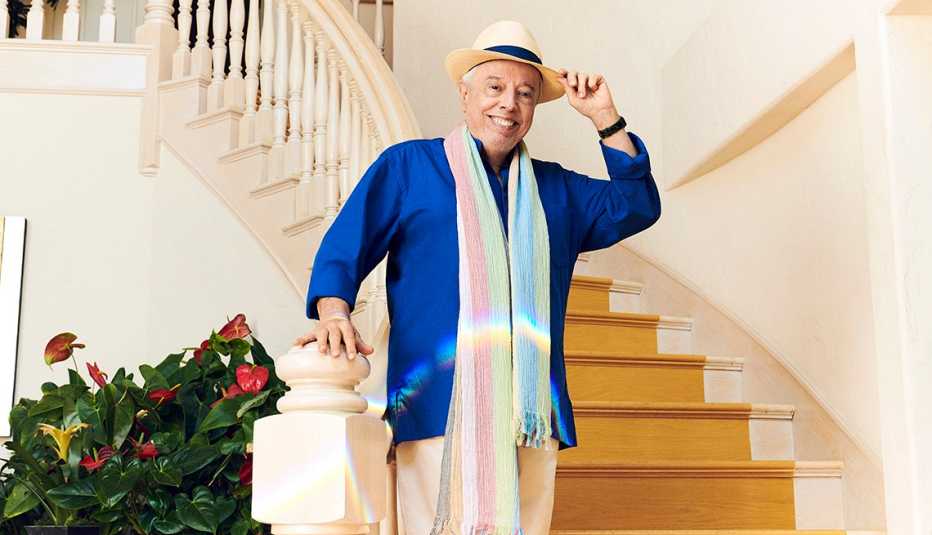Staying Fit
Painful path to music


AARP Membership— $12 for your first year when you sign up for Automatic Renewal
Get instant access to members-only products and hundreds of discounts, a free second membership, and a subscription to AARP the Magazine.
When I was 3 years old, in 1944, I came down with a bone disease, osteomyelitis. My father was a doctor, so we were able to get penicillin, and that saved my leg. I was in a body cast until I was 6, and I had several operations. When the cast came off, I still couldn't ride a bike or play soccer, but my mom said, “I'm going to give you a piano.” It was, like, “Here is your new life."
The power of song
We lived across the bay from Rio de Janeiro. My father was Black; my mother's side was Portuguese. A lot of people in Brazil have that combination, and so does Brazilian music. Growing up there, it's all around you; people are playing instruments on the corner and dancing in the streets. I started out playing classical, but when I was in my early teens, somebody played me a jazz record — Dave Brubeck's “Take Five” — and I was, like, “Wow, this is amazing.”
Wanderlust
My group of friends would get together every week and listen to records, talk about art and literature, go to see movies by foreign directors like Fellini and Kurosawa. We were, like, “There's an incredible life out there.” I fell in love with the painter Paul Gauguin, because he had left France to go live in Polynesia. I thought, If he could do that, maybe I can leave here one day and go someplace!
The magic of serendipity


My whole life has been a series of encounters that I never planned but that opened incredible doors for me. When I was 18 or so, a friend invited me to play at the Bottles Bar in Rio, where all the best musicians hung out. Bossa nova was just starting, and I got to jam with people like João Gilberto. I put together a sextet, and we recorded an album that did very well. In 1962 we were invited to play in the first big bossa nova concert at Carnegie Hall. The dream of my life!

































































More on entertainment
Sergio Mendes Demystifies Bossa Nova's Appeal
The Grammy-winning musician reflects on the sensuality and sophistication of the genreThey Love L.A.: Los Lobos Reveal the Stories Behind 'Native Sons'
Discover the secret to playing together 48 years and which Beach Boys song they chose to cover on their brand-new albumLinda Ronstadt on the Influence of Her Mexican Musical Roots
She'll receive AARP-sponsored Legend Award at Hispanic Heritage Awards